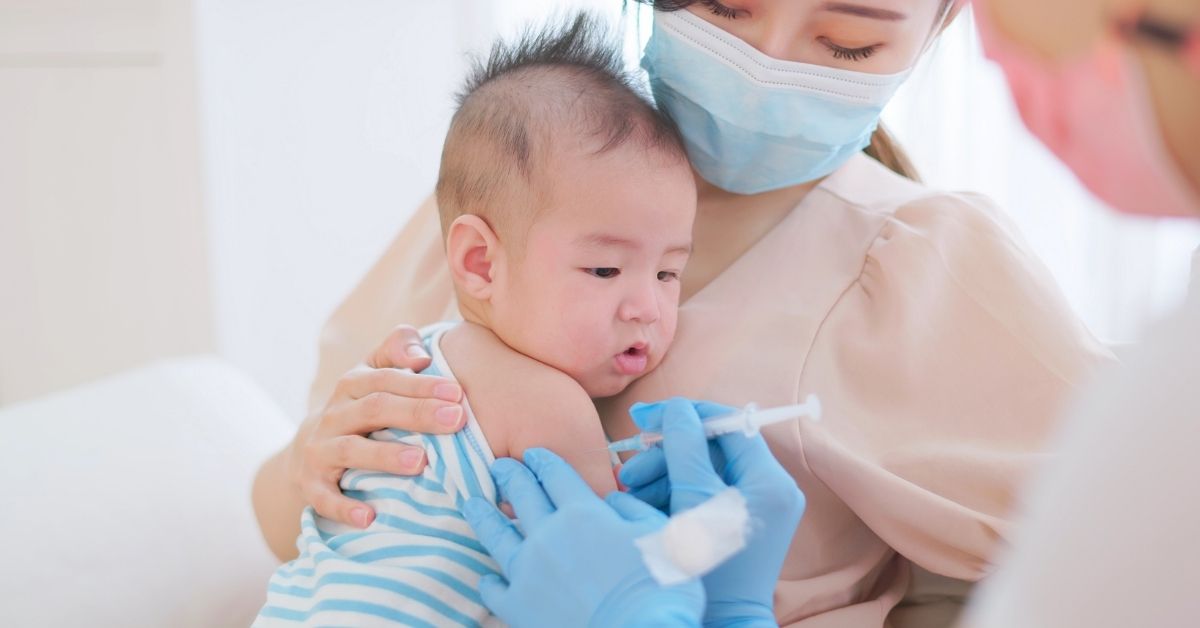Precocious puberty is a condition where a child’s body begins to develop into an adult prematurely, typically before age 8 in girls and age 9 in boys. This early onset of puberty brings rapid physical and hormonal changes, which can impact a child’s emotional well-being and development. While puberty usually occurs around adolescence, the hormones involved in precocious puberty cause premature development of secondary sexual characteristics, such as breast development in girls or increased facial hair in boys. Understanding the causes, signs, and treatment options for precocious puberty is crucial for ensuring a child’s balanced growth and emotional health.
What is Precocious Puberty?
Precocious puberty is the early initiation of puberty, leading to physical and hormonal changes that usually happen in adolescence. These changes are controlled by reproductive hormones, including estrogen in girls and testosterone in boys. In cases of precocious puberty, these hormones are produced and activated prematurely, resulting in the early development of adult-like characteristics.
Causes of Precocious Puberty
Several factors can trigger precocious puberty, including:
• Central Precocious Puberty (CPP): The most common form, often caused by early activation of the pituitary gland, which releases hormones that stimulate the ovaries or testes. This can be due to various factors, but often no specific cause is identified (idiopathic).
• Peripheral Precocious Puberty: Caused by the early production of sex hormones due to problems in the ovaries, testes, adrenal glands, or thyroid, independent of pituitary gland signals.
• Genetic Factors: A family history of precocious puberty can increase the likelihood.
• Medical Conditions: Conditions such as hypothyroidism, congenital adrenal hyperplasia, and certain tumors can lead to early hormone production.
• Environmental Factors: Exposure to certain chemicals that act as endocrine disruptors (like BPA) may contribute to early puberty.
Symptoms of Precocious Puberty
Common signs of precocious puberty include:
• Physical Changes: Development of secondary sexual characteristics, such as breast development in girls, enlargement of testes or penis in boys, pubic or underarm hair, and body odor.
• Growth Spurt: Children with precocious puberty often experience an early and rapid growth spurt.
• Menstruation in Girls: Girls may start menstruating as early as age 8, much earlier than typical puberty onset.
• Emotional and Behavioral Changes: Mood swings, irritability, or heightened self-consciousness may occur due to hormonal shifts.
Diagnosis of Precocious Puberty
Diagnosing precocious puberty requires a combination of physical exams, imaging, and lab tests, including:
1. Physical Exam: A doctor will assess signs of puberty through a comprehensive physical exam.
2. Hormone Tests: Blood tests are used to check hormone levels, including luteinizing hormone (LH), follicle-stimulating hormone (FSH), estrogen, and testosterone.
3. Bone Age X-ray: An X-ray of the hand and wrist can help determine if bones are maturing faster than expected, which is common in early puberty.
4. MRI or Ultrasound: Imaging tests may be used to check for any abnormalities in the brain, ovaries, or adrenal glands.
Treatment Options for Precocious Puberty
The treatment for precocious puberty typically depends on the underlying cause. Options include:
• GnRH Analogs: In cases of central precocious puberty, doctors may prescribe GnRH analogs to delay further development. These medications block the hormones triggering puberty, halting progression until an appropriate age.
• Addressing Underlying Conditions: If a medical condition is causing precocious puberty (like a thyroid issue or adrenal disorder), treating the underlying condition may help.
• Surgery: In rare cases where a tumor or growth triggers puberty, surgical removal may be necessary.
Treatment not only helps in slowing down physical changes but also allows the child to grow to a normal adult height by delaying bone maturation.
Psychological Impact of Precocious Puberty
Early puberty can affect a child’s mental and emotional well-being, leading to feelings of isolation, self-consciousness, or social challenges. Support from family, counseling, and open discussions about these changes can help children cope with the effects of early puberty.
Tips for Parents
While not all cases of precocious puberty can be prevented, parents can take these steps to support their child’s overall health:
• Encourage a Balanced Diet: A diet rich in fruits, vegetables, whole grains, and low in processed foods supports healthy hormone levels.
• Promote Healthy Body Image: Engage in open conversations about body changes to help children feel confident and supported.
Conclusion
Precocious puberty is a complex condition that can lead to early physical and emotional changes in children. While it may seem challenging, understanding the symptoms, seeking timely medical help, and exploring treatment options can effectively manage early puberty. With the right support, children experiencing precocious puberty can continue their journey through growth and development with confidence and health.








